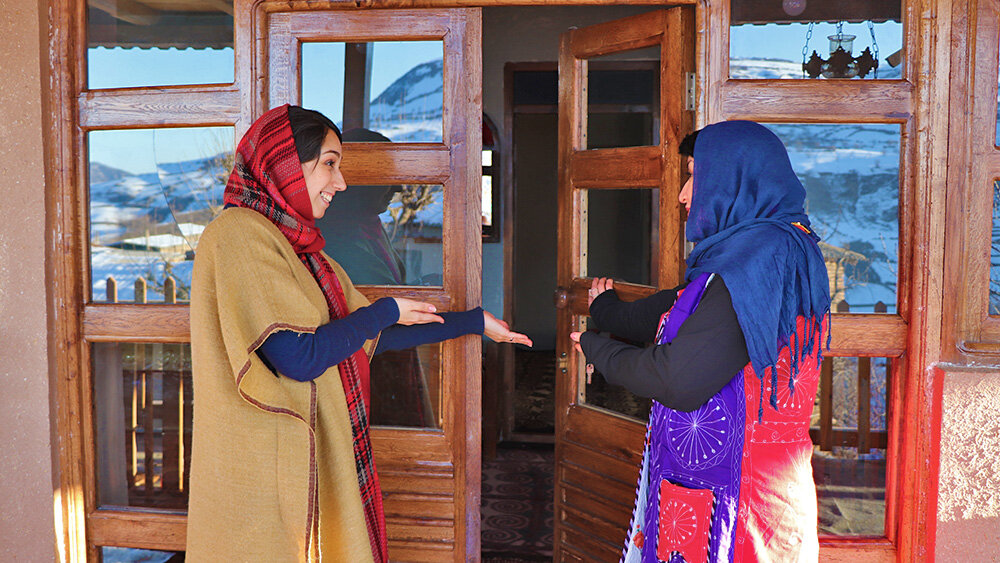A delicate dance of communication

While in Iran, you may pay a taxi driver the fare and he might sound confusing. The cabbie may say “Ghabeleh shoma ro nadaureh” (for you, it is free). You may think how nice and generous he is!
However, in case you leave the taxi unpaid, you may see how the cab driver is disappointed. Why? Because he expected you to pay!
‘Taarof’ is a vibrant part of Persian traditional culture, a strong expression of respect, that could be challenging for non-heritage speakers to grasp. It is a chain of habitual back-and-forth of polite gestures and social pleasantries used when giving or receiving gifts, food, and money to name a few.
Decorous manners are practiced all over the globe, however, its thick Iranian version differs by being far more complicated. Similar to the “who pays the bill” in some Western cultures, Taarof is done to show respect, hospitality, politeness, or even to have reverence for elders.

Taarof is considered by some as a complex art of etiquette when proper use of it can amaze your Iranian audience at best and upset them at worst! It is a delicate dance of communication where the true meaning of what is said is somewhere beyond the words.
Taarof is increasingly being used in hospitality settings and gatherings. It seems strange but to master this Persian “art” it is customary to humbly turn your host’s food, drink or gift down at first. Here you may pretend to refuse when you want to accept!
Taarof is considered by some as a complex art of etiquette when proper use of it can amaze your Iranian audience at best and upset them at worst!For the taxi fare, it might happen even if you and the cabbie had agreed on how much the payment would be. To make the long story short, it is customary for a typical Iranian to refuse at first! There is an unwritten rule offering and refusing two or three times. Once this ritual is completed, then you can easily say to verbalize what you wish without being considered rude.
Some say that Taarof can be manipulative when used improperly when someone purposefully tries to reap profit from the generosity of another. Such conduct is seen as unwelcome in Iranian society. William O. Beeman, professor of anthropology at the University of Minnesota and a Middle East specialist, says “One key concept in Taarof is a function that I have described as ‘getting the lower hand’.” “Individuals [Iranians] will seek to raise the other person’s status, and lower their own”.
Another Persian legacy is their unmatched hospitality. If it is a simple offer for a full meal or a glass of tea, Iranians are traditionally generous hosts giving the best of what they have to their guests. In traditional Iranian culture, guests are cherished like precious jewels. It is here in Iran that a typical invitation for a cup of tea can be extended to an overnight stay, or a humble asking for directions may forge a warm friendship.
AFM
Leave a Comment